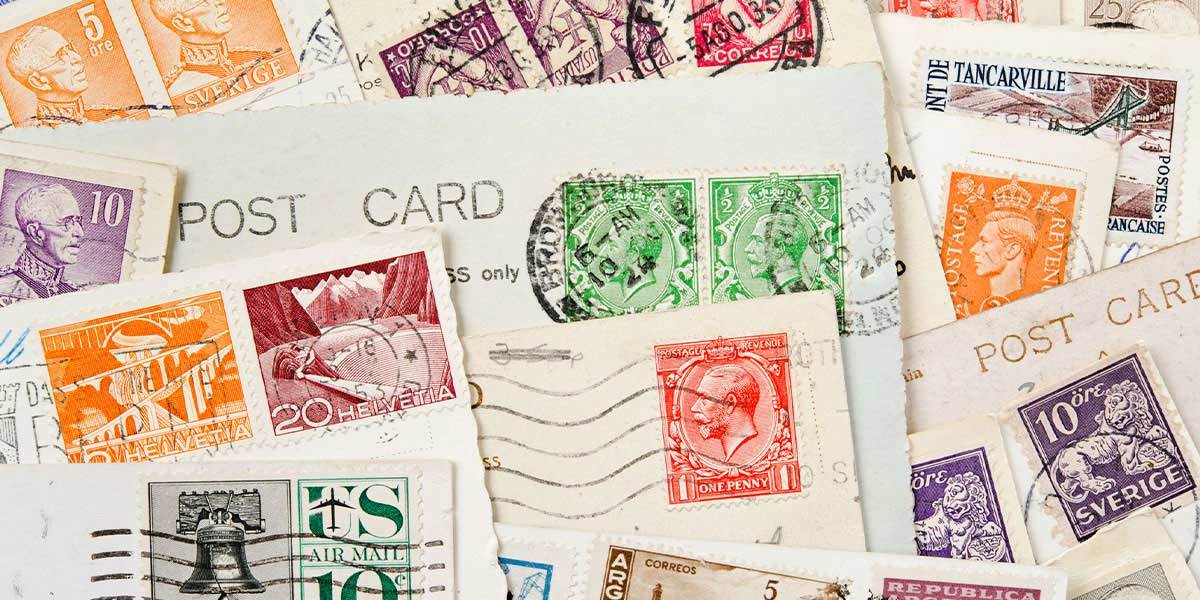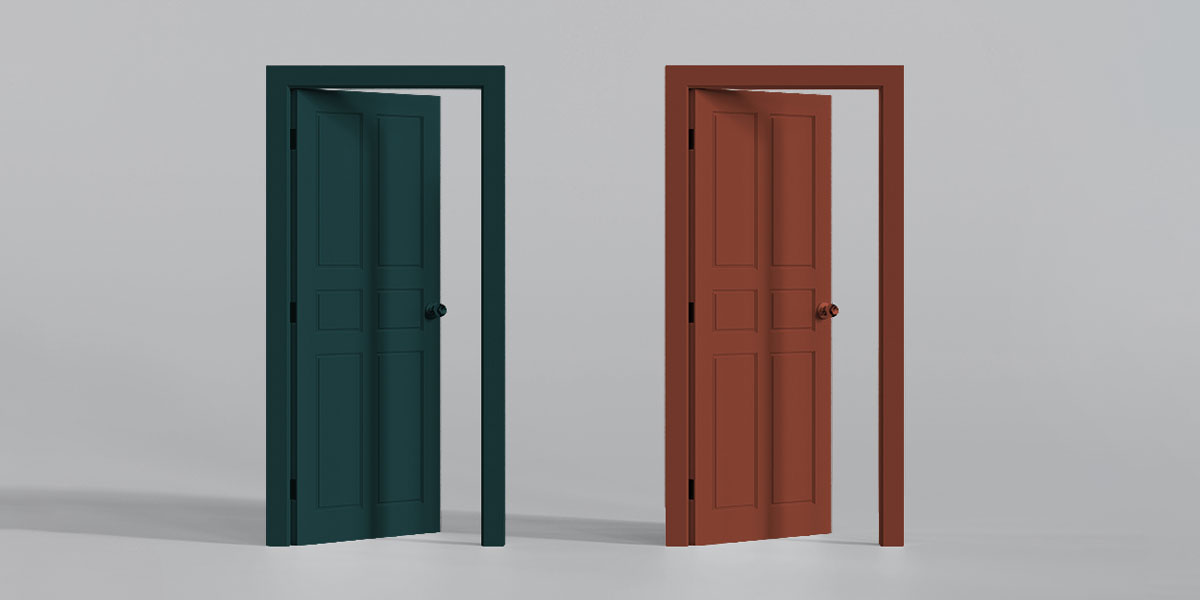-
Private Banking -
Insights
5 Tips for Selling Your Estate Jewelry
Selling antique jewelry is intimate and complicated. Pieces often have sentimental value and may be hard to part with. Sometimes, you may be ready to sell a piece of jewelry, but you don't want to list it on a public internet marketplace.
Jewelry is often a symbol of affection or achievement — like your grandmother's wedding band, your class ring from graduation or the gold watch your father got at his retirement party. But even if you're convinced your pieces are priceless, chances are they're not. However, there are a few things you can do to get the most value when selling estate jewelry.
Get the Most for Your Estate Jewelry and Heirlooms
“Jewelry that was fashionable 40 years ago may not be so popular anymore, and that affects price," said Alma Banuelos, City National Bank's head of trusts and estate services. She and her team never know what they will find when they inventory an estate after a client passes away.
“Not long ago we gained access to a safe in a client's home after he passed away. Inside we found millions of dollars' worth of very expensive antique jewelry – loose gem stones, high-end watches and other valuable collectibles — you name it," Banuelos said.
After securing the jewelry and transporting it to the bank's vault, City National colleagues began the difficult task of determining value and getting the best price for the estate.
“This is one of the hardest things we deal with because value can be all over the place, depending on the price of gold, platinum and diamonds," Banuelos said.
Selling jewelry is not as simple as taking pictures and listing the pieces online, said Peter McNeal, of McNeal & Grunberg in Beverly Hills.
Before you sell, educate yourself about value as well as the best place to sell your jewelry:
- Have the jewelry cleaned or polished. Follow do-it-yourself (DIY) methods online or take it to a jeweler, preferably a family jeweler whom you know and trust.
- Keep it with its original packaging. Include the original box, especially if it is in good condition and is a renowned brand like Tiffany or Cartier, which increases the prestige and value of the piece. In some instances, a vintage Tiffany box may be more interesting and coveted than the jewelry inside.
- Get multiple appraisals. Visit online marketplaces and note the prices of similar estate jewelry, then get an expert appraisal. Olivia Kazanjian, of Olivia Kazanjian Jewelry of Los Angeles, recommended taking your jewelry to two or three dealers for estimates.
- Consider the melt value. Ask a jeweler to help you determine the “melt value." This is what the precious metals in the piece would be worth if it were melted down.
- Obtain a gem grading report. Obtain a Gemological Institute of America grading report, which is like a birth certificate for precious gemstones. You can use the report to verify that your sapphires or diamonds don't get switched and to prevent a dealer from undervaluing your piece.
“The best option is to go through a family jewelry dealer with whom you already have a relationship," McNeal said. Establishing a relationship with a family jewelry dealer can help ensure that you have a trustworthy and pleasant experience, no matter how you sell your piece.
If you don't have a direct link to a jeweler, seek referrals from friends. An interior decorator or an antiques or art dealer may have a reliable contact.
Selling On Consignment
“If you're not under time pressure, you're much better off selling on consignment," McNeal continued. That's because when a dealer buys your piece outright, they will have to account for the risk they’re taking on and will pay you less. Taste in estate and vintage jewelry is personal, so finding a buyer who loves your particular piece could take time.
If the dealer sells it for you on consignment, they are much more likely to find the right buyer and net you a larger profit.
Selling Antique Jewelry Online
You might decide to sell your antique jewelry online. Some luxury consignment sites do all of the work, including picking the piece up from your house, photographing it and posting it on their site.
This process is less of a hassle and anonymous – but you will pay substantially more than you would on one of the larger online marketplaces such as eBay, which charges a $0.35 listing fee and either a 12.35% fee for items sold for less than $7,500 or 7% for items more than $7,500.
If you decide to sell online, including the history behind your jewelry will make it more enticing, said Jonas Grunberg, of McNeal and Grunberg. “Tell a great story in the description and use the best wording to help bring your item up in searches — like 'Tiffany,' 'Vintage,' and 'Authentic,'" he said.
The Takeaway
Most of all, before you make any decisions, Kazanjian said, think hard before you part with something that might have more sentimental worth than actual value.
“Be certain," she said, “that you won't regret selling it later."
This article is for general information and education only. It is provided as a courtesy to the clients and friends of City National Bank (City National). City National does not warrant that it is accurate or complete. Opinions expressed and estimates or projections given are those of the authors or persons quoted as of the date of the article with no obligation to update or notify of inaccuracy or change. This article may not be reproduced, distributed or further published by any person without the written consent of City National. Please cite source when quoting.





